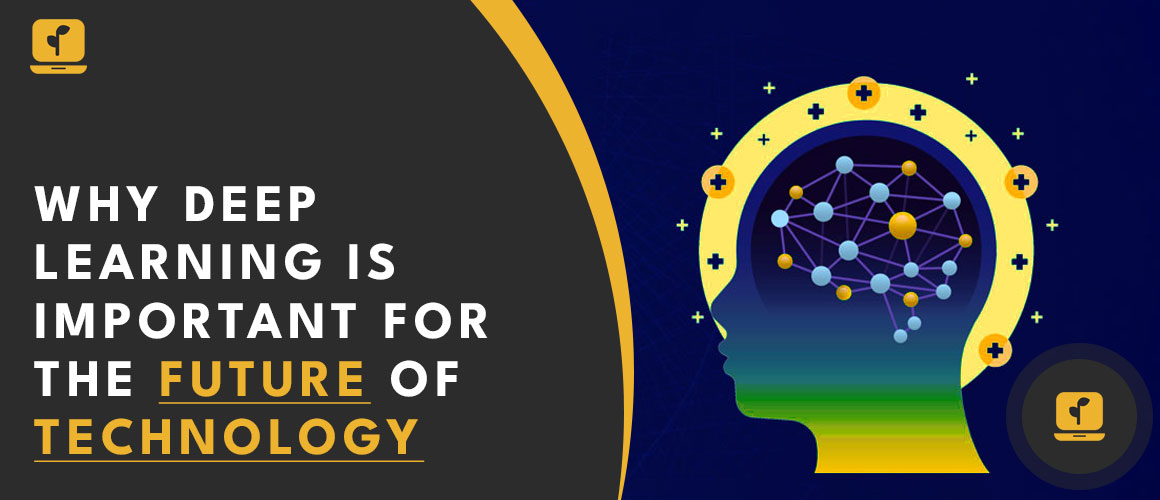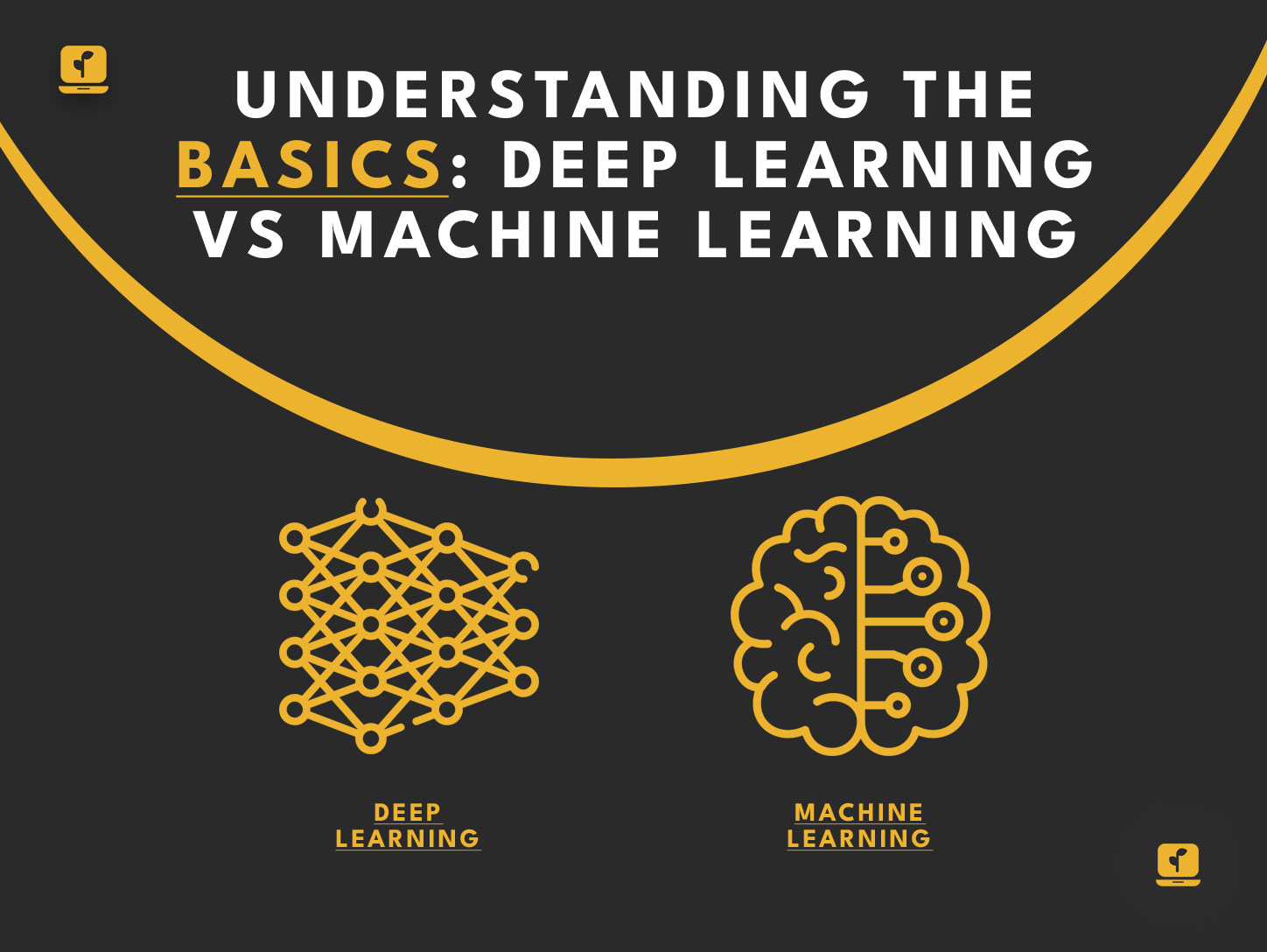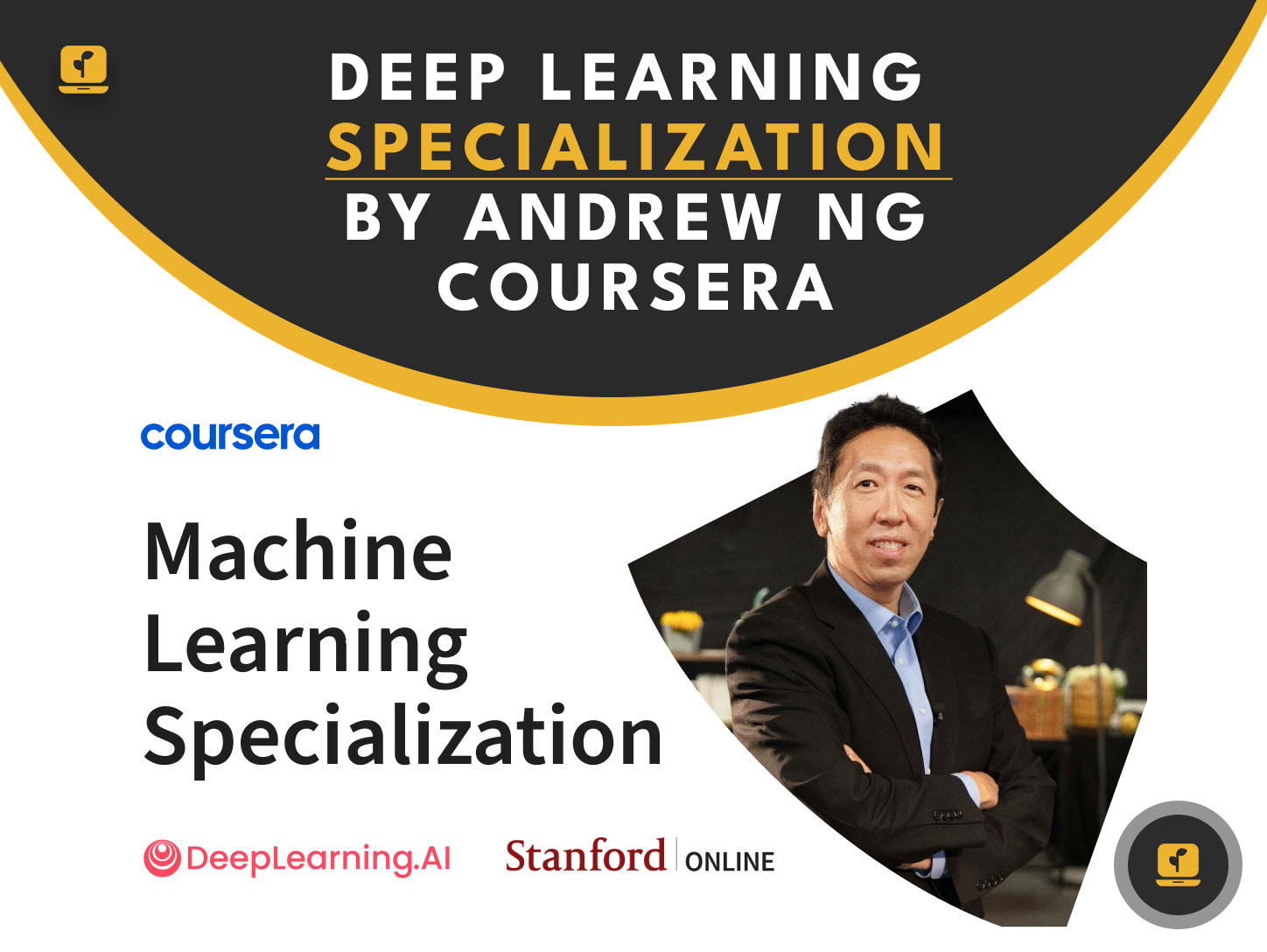As technology continues to advance, one area that has gained significant attention is deep learning. With its ability to process and analyze vast amounts of data, deep learning has become a critical aspect of modern technology.
Table of Contents
In this article, I will be discussing what deep learning is, how it works, and its importance in the future of technology. I will also provide examples of applications of deep learning, discuss the difference between deep learning and machine learning, and explore the role of deep learning in artificial intelligence (AI).
Additionally, I will outline some deep learning specialization courses and services that can help you upskill in this field.
What is Deep Learning?
Deep learning is a subset of machine learning that uses artificial neural networks to simulate the human brain’s learning process. It is a type of machine learning that is designed to handle large amounts of data and make predictions or decisions based on that data. Deep learning algorithms learn by processing and analyzing data, identifying patterns, and making predictions based on those patterns.
Deep learning is a subset of artificial intelligence that is designed to simulate the way the human brain works. It is based on the idea of artificial neural networks, which consist of layers of interconnected nodes or neurons. Each neuron receives input from other neurons, processes that input, and then sends an output to other neurons in the next layer. This process continues until the output is produced.
Understanding the Basics: Deep Learning vs. Machine Learning
Many people use the terms machine learning and deep learning interchangeably, but there are significant differences between the two. Machine learning is a type of artificial intelligence that uses algorithms to learn from data without being explicitly programmed. It involves training a model on a dataset to make predictions or decisions based on that data.
Deep learning, on the other hand, is a subset of machine learning that uses artificial neural networks to simulate the human brain’s learning process. It is designed to handle large amounts of data and make predictions or decisions based on that data. Deep learning algorithms learn by processing and analyzing data, identifying patterns, and making predictions based on those patterns.
Importance of Deep Learning in the Future of Technology
Deep learning is becoming increasingly important in the future of technology. With its ability to handle vast amounts of data and make predictions based on that data, deep learning is a critical component of many modern technologies, including self-driving cars, voice assistants, and facial recognition.
In the future, deep learning is expected to play an even more significant role in technology. As more and more data is generated, it will become increasingly important to have algorithms that can process and analyze that data quickly and accurately. Deep learning algorithms are well-suited to this task and are expected to be used in a wide range of applications in the future.
Applications of Deep Learning – Examples
Deep learning has a wide range of applications across many different industries. Some examples of these applications include:
- Self-driving cars: Deep learning algorithms are used to process data from cameras and sensors to help self-driving cars navigate roads and avoid obstacles.
- Image and speech recognition: Deep learning algorithms are used to recognize images and speech, enabling technologies such as facial recognition and voice assistants.
- Healthcare: Deep learning algorithms are used to analyze medical images and diagnose diseases.
- Finance: Deep learning algorithms are used to identify patterns in financial data and make predictions about stock prices and market trends.
Deep Learning Models – How They Work
Deep learning models are based on artificial neural networks, which consist of layers of interconnected nodes or neurons. Each neuron receives input from other neurons, processes that input, and then sends an output to other neurons in the next layer. This process continues until the output is produced.
There are several different types of deep learning models, including:
- Convolutional neural networks (CNNs): These are commonly used for image and video recognition tasks.
- Recurrent neural networks (RNNs): These are commonly used for natural language processing tasks.
- Generative adversarial networks (GANs): These are used for generating new images or other types of data.
The Role of Deep Learning in Artificial Intelligence (AI)
Deep learning plays a critical role in artificial intelligence (AI). AI is a broad field that includes many different techniques and approaches, but deep learning is one of the most important. Deep learning algorithms are used to train AI models on large datasets, allowing those models to learn from that data and make predictions or decisions based on it.
As AI continues to advance, deep learning is expected to play an even more significant role. As more and more data is generated, it will become increasingly important to have algorithms that can process and analyze that data quickly and accurately. Deep learning algorithms are well-suited to this task and are expected to be used in a wide range of AI applications in the future.
Deep Learning Specialization – Courses to Upskill
If you’re interested in upskilling in deep learning, there are many different courses and resources available. Some popular deep learning specialization courses include:
- Deep Learning Specialization (Coursera): This course, offered by deep learning, ai, covers the fundamentals of deep learning and is taught by Andrew Ng, a leading expert in the field.
- TensorFlow Developer Certificate (TensorFlow): This course covers the basics of TensorFlow, a popular deep learning library, and is designed for developers who want to learn how to build deep learning models.
- Deep Learning Nanodegree (Udacity): This course covers a wide range of deep learning topics, including convolutional neural networks, recurrent neural networks, and generative adversarial networks.
Deep Learning Services – Hiring Experts
If you’re looking to incorporate deep learning into your business or project, there are many different services available to help you do so. Some popular deep learning services include:
- Amazon Web Services (AWS): AWS offers a wide range of deep learning services, including Amazon SageMaker, which is a fully-managed service for building, training, and deploying machine learning models.
- Google Cloud Platform (GCP): GCP offers a wide range of AI and machine learning services, including Google Cloud AI Platform, which is a fully-managed service for building and deploying machine learning models.
- IBM Watson Studio: IBM Watson Studio is a cloud-based platform for building and deploying AI and machine learning models.
Conclusion
Deep learning is an important and rapidly growing field that is expected to play a critical role in the future of technology. With its ability to handle vast amounts of data and make predictions based on that data, deep learning is a critical component of many modern technologies.
Whether you’re interested in upskilling in deep learning or incorporating it into your business or project, there are many different courses and services available to help you do so. As technology continues to advance, deep learning is expected to become even more critical, and those who have expertise in this field will be well-positioned for success.














